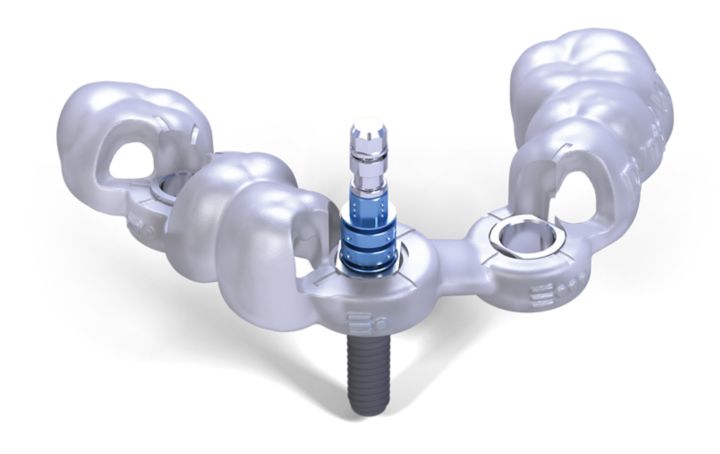Truth About Fear of Broken Needles During Dental Anesthesia
Fear of a broken needle during dental anesthesia is a real concern for some patients, and even for some clinicians, though it’s extremely rare with modern dental practice. Here’s a breakdown of why this fear exists, how realistic it is, and how to manage it.
🔍 Is Needle Breakage During Dental Anesthesia Common?
No. Needle breakage is very rare in current dental practice. Thanks to advances in:
-
Needle manufacturing (stronger, more flexible stainless steel)
-
Single-use disposable needles
-
Proper technique and training
The risk is extremely low, especially when the dentist uses the correct gauge, and length, and avoids bending the needle.
😨 Why Are Some Patients Scared of Needle Breakage?
-
Past traumatic stories (especially in older generations when reusable needles were common)
-
Social media or anecdotal reports of rare complications
-
Dental anxiety or needle phobia in general
-
Fear of losing control or being injured during the procedure
🧠 Psychological Impact
The fear of a broken needle may cause:
-
Elevated anxiety before injections
-
Resistance to dental treatment
-
Overreaction during anesthesia administration, which ironically increases the risk if a patient suddenly moves
✅ How Dentists Prevent Needle Breakage
-
Use the correct needle length and gauge (usually 25-30 gauge, depending on the injection)
-
Avoid bending the needle before injection
-
Never insert the needle to the hub (always leave part of the needle visible)
-
Instruct the patient to stay still and calm
-
Use gentle, controlled force
-
Replace needles when resistance is felt or after multiple uses (in rare multi-dose procedures)
💡 What If a Needle Breaks?
If it ever happens:
-
The fragment can usually be seen and retrieved surgically.
-
Rarely, if the fragment is deep or near vital structures, imaging (CBCT or X-ray) and surgical referral are necessary.
-
It’s not life-threatening but must be managed promptly.
💡 How to Reassure Patients
If you’re a clinician, here’s how to ease patient fears:
-
Educate gently: “Modern dental needles are very safe, and breakage is extremely rare—less than 1 in hundreds of thousands of injections.”
-
Explain your technique: Let them know you’re trained to prevent such issues.
-
Use calming techniques: Distraction, topical anesthetic gel, or even conscious sedation in high-anxiety cases.
Subscribe To Our Newsletter





























